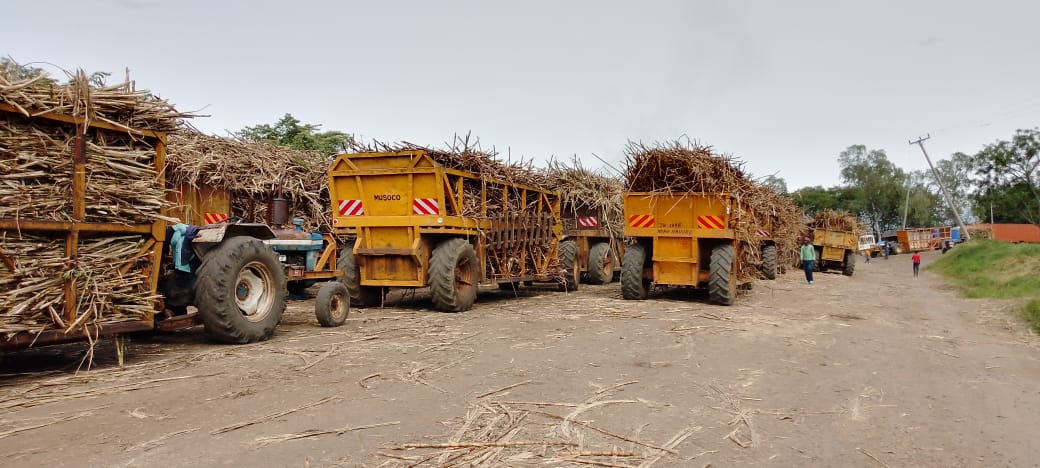
The Kenya Union of Sugar Plantation and Allied Workers has called for protection of workers’ welfare as sugar mills in western Kenya prepare to shut down for three months due to cane shortages.
Secretary general Francis Wangara said the temporary closure, set to start on July 14, will have a severe impact on workers, many of whom risk going without pay.
“Most of my members will be away from work for the three months. That’s why we must engage management now on how to sustain them,” Wangara said.
He has instructed the union's branch officials across the region to hold talks with factory managers for a smooth transition for workers not to suffer.
Closures Becoming a Dangerous Trend
While the union does not oppose the decision by the Kenya Sugar Board, Wangara said it is worrying that such shutdowns have become common.
“It is very unfortunate that we have not learnt from past experiences. A few years back, factories were closed for four months. Now, we have this one,” he said.
He blamed recurring closures on continued failure by millers to support farmers in cane development and maintenance.
“This is not about the weather. It is about poor planning and lack of cooperation by the millers,” Wangara said.
To avoid similar shutdowns in the future, Wangara proposed several long-term solutions, starting with stronger government oversight.
He called on KSB to supervise millers' cane development programmes and carry out regular inspections to ensure compliance.
“There must be a clear programme where millers sign contracts with farmers. Without this, there is no justification for shutting down operations,” Wangara said.
He also urged the government to include the sugar sector in its subsidised fertiliser distribution plans.
“When the government is supplying fertiliser, the sugar industry must be part of it. That way, farmers will benefit and we will get the yields we need.”
Wangara strongly advocated for the adoption of early-maturing cane varieties to boost production and reduce waiting time between harvests.
He said there are yields that can be harvested within 12 months because the cane would have matured and that's what they should go for.
“Our farms are shrinking and families are growing. We have no option but to embrace early-maturing cane,” the secretary general said.
He also called for programmed maintenance of sugar factories, noting that some millers operate without scheduled downtimes, which contributes to periodic cane shortages. “Most factories should stop for about six weeks each year for maintenance, instead of running continuously until there’s a crisis,” he said.
Operationalise the Sugar Act
To restore order and accountability in the sector, Wangara urged the government to implement the Sugar Act, which was already assented to by President William Ruto.
“Any industry that operates without regulation cannot be controlled. We must ensure that the Act is fully operational. That’s the only way to tame this awkward situation,” he said.
With the recent leasing of several state-owned sugar factories to private investors, Wangara expressed hope that the new managers will modernise operations and improve efficiency.
“We hope those who’ve taken over will invest in better factories to maximise sugar extraction and improve performance,” he said.
While Kuspaw is committed to cooperating during the current closure, Wangara said the union expects it to be the final one.
“I am hoping that this stoppage will never happen again. There is no justification for halting operations when the weather is favourable. This must be the last time we go through this,” he said.








![[PHOTOS] Boniface Kariuki honoured with flag-draped coffin](/_next/image?url=https%3A%2F%2Fcdn.radioafrica.digital%2Fimage%2F2025%2F07%2Fc7df13cc-0b58-4ec7-b6a4-7e32e1d9ec63.jpg&w=3840&q=100)


